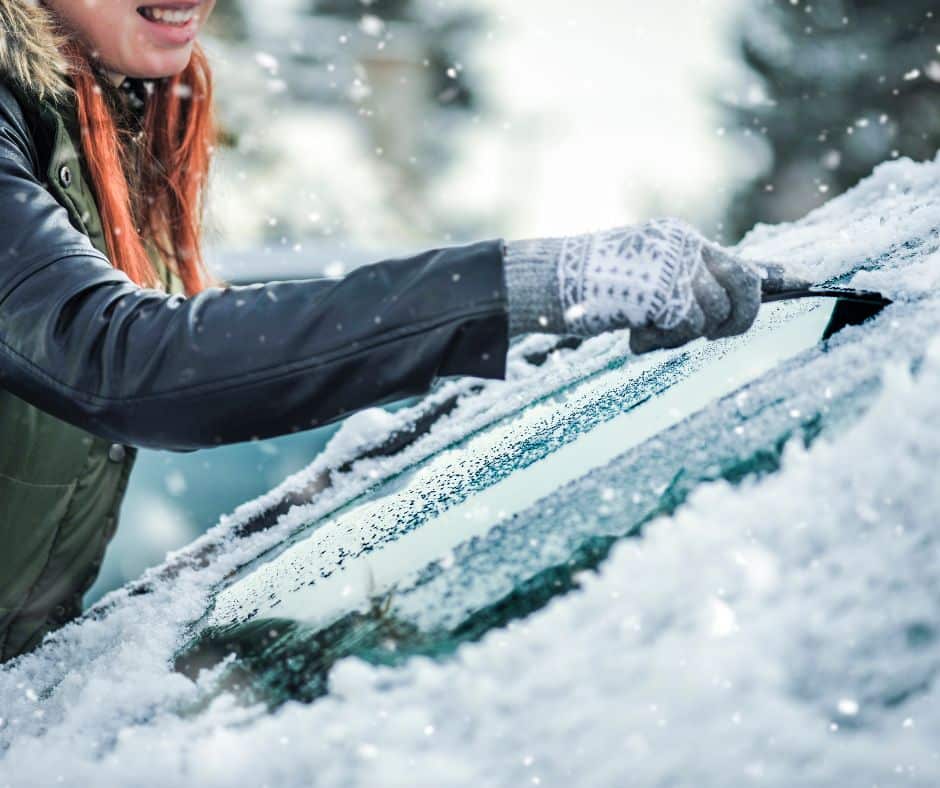 Winter is a very deadly time to be on the road if you aren’t prepared for the elements. Not only can drivers become stranded in blizzard conditions, but icy roads, tow trucks, animals, and other drivers all pose serious risks during snowy drives. Here are some great FAQs to consider before hitting the road this winter that will help you stay safe – and comfortable – for the journey.
Winter is a very deadly time to be on the road if you aren’t prepared for the elements. Not only can drivers become stranded in blizzard conditions, but icy roads, tow trucks, animals, and other drivers all pose serious risks during snowy drives. Here are some great FAQs to consider before hitting the road this winter that will help you stay safe – and comfortable – for the journey.
Q. Should I let my car warm up before driving?
A. If your primary concern is car function, then the answer is usually no. Modern vehicles (built after 1990) don’t have carburetors that need to warm up and should be safe to operate within 30 seconds of starting. In fact, idling your car may just cause your fuel costs to go up and other issues. But, if you want to be warm and cozy before embarking, then allowing your car to warm up for 10 minutes can help you stay comfortable.
Q. Should I start my car every day that it’s cold, even if it’s not being driven?
A. If you ask your grandparents whether or not you should start your car every day in the winter, their answer is probably yes. This is because in older vehicles, lubrication was not as effective as it is in modern cars. Starting your car every day before 1990 was necessary to allow oil to circulate through the engine. Today, modern technology allows this to be done much more efficiently and quickly. In fact, there’s evidence that starting it without driving or taking short trips could cause damage to the vehicle. In any case, you’ll be needing more frequent oil changes.
Q. Do I need to drive around after getting a jump?
A. This one is true. After getting a jump, you should drive around for about 20 minutes to allow the battery to continue charging. Otherwise, you may have a hard time getting the car to start on your next errand.
Q. Should I really store blankets, water, cones, and extras in the trunk?
A. With cell phones and new towers being built almost monthly around the country, you may wonder why storing extra blankets or other emergency items in the trunk is necessary. While much has been done to allow for instant communication, there are still areas where you may not be able to reach out for help in an emergency, or if you can, it may be some time before help arrives. Storing these items in the cold months may be the difference between life and death.
Q. Can Bleach Help You Grip in the Snow?
A. Yes! If you are in a bind or get stuck in the snow, pouring a little bleach on the tire and then driving out will help the tire grip the snow. It probably won’t work if you get stuck in a drift, but it can help in some tight situations. For some less toxic options – cat litter or sand also works well.
Stay Safe On the Road
We hope these answers put some family arguments to rest and allow you to operate your car confidently through what is left of winter.